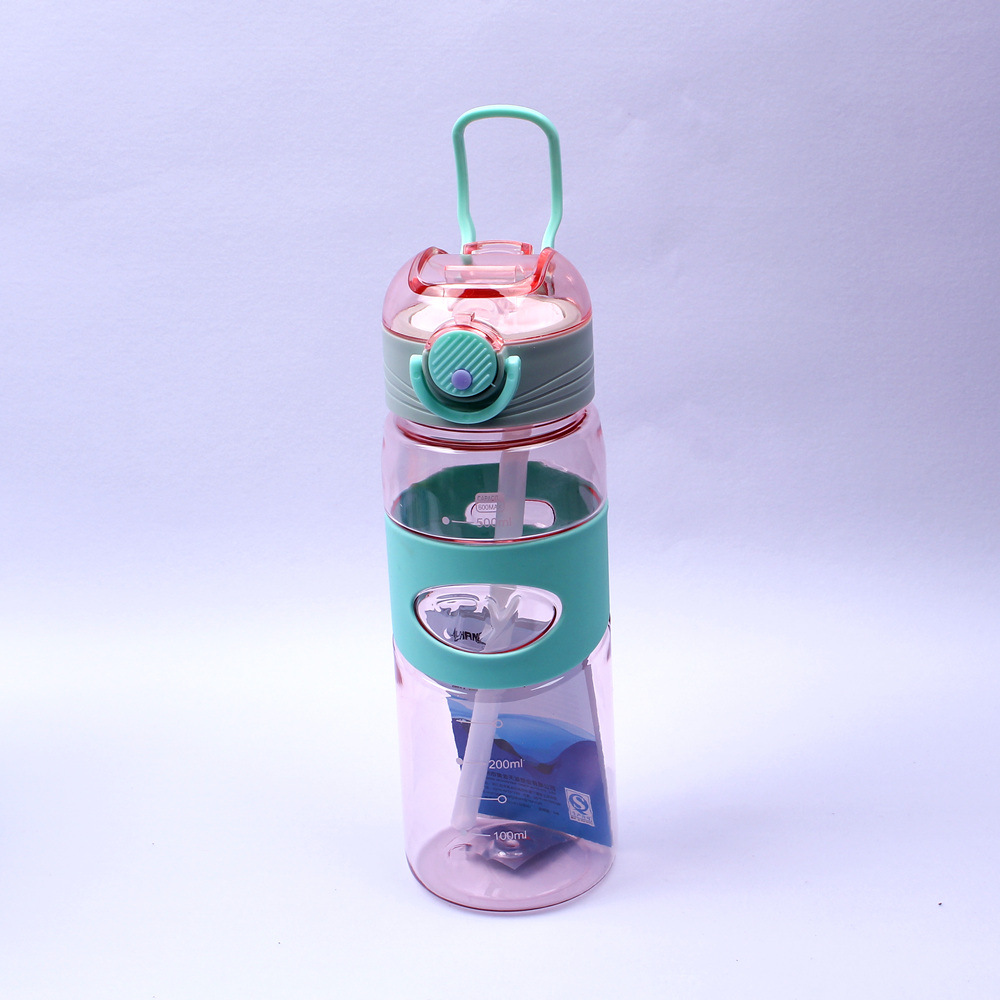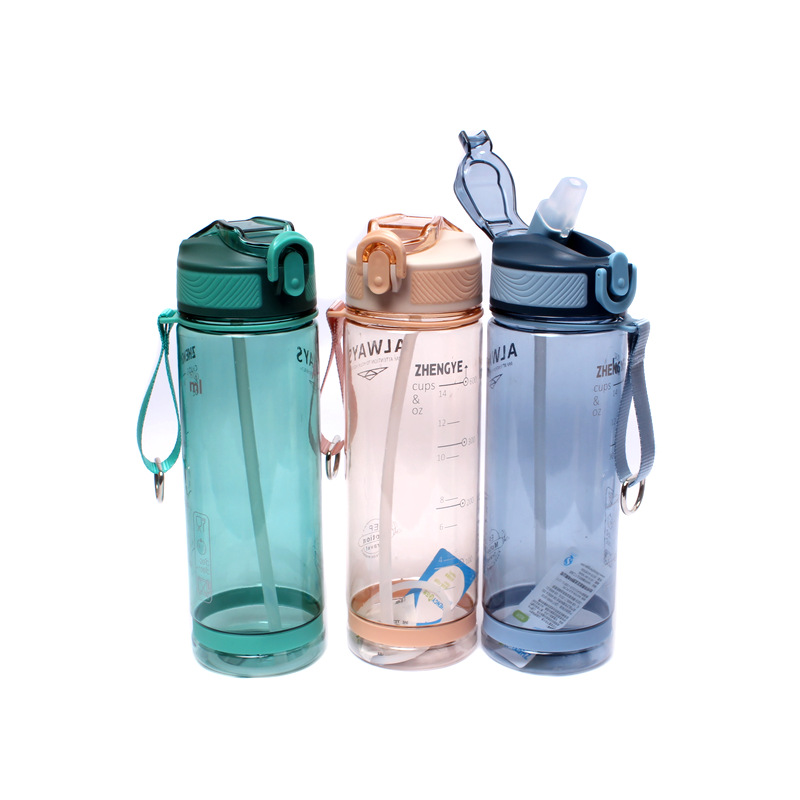Exploring sustainable options in water bottles involves redefining plastic use to align with eco-friendly practices:
- Recycled Plastic Bottles: Manufacturers utilize recycled materials in bottle production, reducing the demand for new plastics and diverting waste from landfills.
- Bioplastics: Derived from renewable sources like plants, bioplastics offer a sustainable alternative to traditional plastics, often being biodegradable or compostable.
- Biodegradable Additives: Some plastics incorporate additives that facilitate biodegradation, minimizing their environmental impact after disposal.
- Reusable Plastic Bottles: Durable, multi-use plastic bottles encourage reusability, reducing the need for single-use plastics and promoting a circular economy.
- Lightweight Design: Innovative lightweight designs use less material without compromising durability, reducing resource consumption in production.
- Refill Stations: Encouraging refillable stations in public places encourages the reuse of plastic bottles, promoting sustainability and reducing waste.
- Collaborations for Recycling: Collaborations between companies, governments, and recycling facilities improve plastic recycling infrastructure, diverting bottles from landfills.
- Public Awareness Campaigns: Education on responsible plastic disposal and the importance of recycling empowers consumers to make sustainable choices.
- Certifications and Standards: Certifications like BPA-free or eco-friendly labels help consumers identify and choose environmentally responsible plastic bottles.
- Innovation and Research: Ongoing research into alternative materials and production methods aims to continuously improve the sustainability of plastic bottles.
In essence, exploring sustainable options in plastic bottles involves a multifaceted approach that emphasizes recycling, reusability, innovation, and public awareness to minimize the environmental impact of plastic use.



